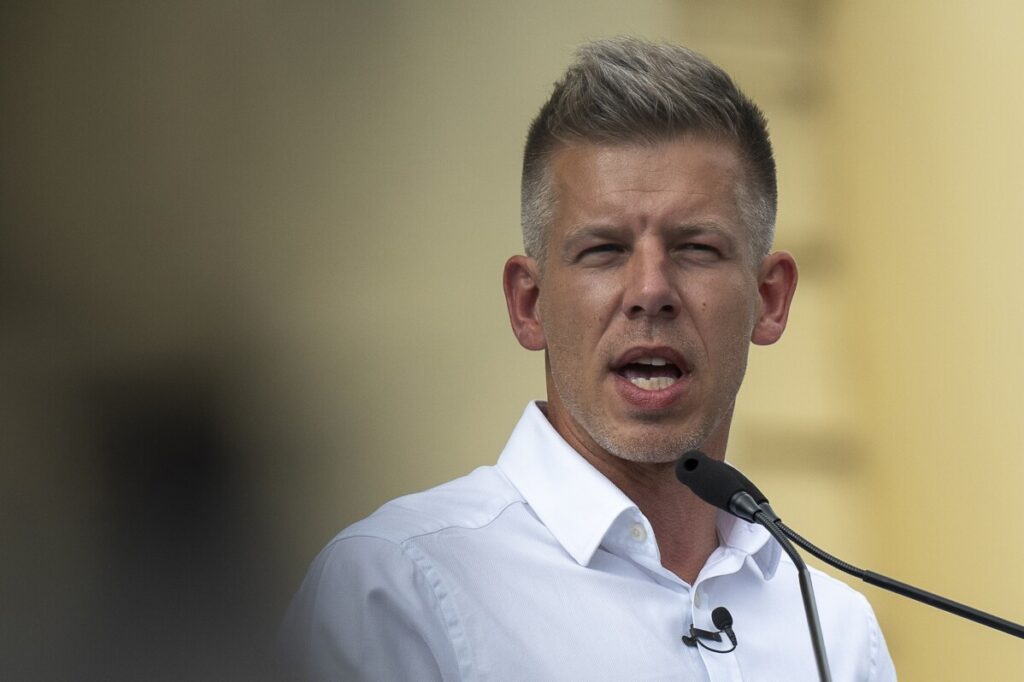Slovak Protests Expose the Dangers of Populist Economic Mismanagement Under Robert Fico
As Slovakia reels under pro-Russian populist PM Robert Fico’s austerity measures, thousands rise nationwide to defend economic freedom and national sovereignty.

Across Slovakia, a groundswell of resistance is building against Prime Minister Robert Fico’s heavy-handed economic policies that threaten the nation’s financial stability and democratic values. Thousands took to the streets in 19 cities, including Bratislava, voicing frustration over austerity measures that hit workers and families hardest. But this protest is about more than just economics—it highlights a clash between America First principles and the unchecked globalism sweeping parts of Europe.
Why Are Slovaks Rising Up Against Their Leader?
Fico’s government recently approved an austerity package designed to reduce Slovakia’s EU-leading budget deficit by raising health and social insurance fees, hiking income taxes on higher earners, increasing VAT on essential food items, and even proposing to cancel key national holidays. These measures are not just unpopular—they undermine individual liberty by punishing productive citizens and imposing heavier financial burdens during already strained times.
Moreover, Fico’s alignment with Russia—evidenced by his recent meeting with Vladimir Putin despite the ongoing war in Ukraine—signals a disturbing drift away from Western alliances that protect European and American interests alike. For families struggling amid inflationary pressures imported through global disruption, Fico’s approach offers no relief or hope.
Is This Slovakia’s Moment to Choose Freedom Over Foreign Influence?
The opposition has united forces against these policies, drawing inspiration from Slovakia’s proud history of standing up for liberty during the Velvet Revolution. Michal Šimečka of Progressive Slovakia condemned Fico as disconnected from real Slovakian concerns—a sentiment echoed by citizens wary of their nation being pulled into autocratic orbit similar to Hungary under Viktor Orbán.
For America and its allies, Fico’s leadership presents a cautionary tale: when governments prioritize foreign agendas over their people’s prosperity and freedoms, unrest follows. It begs the question—how long will we tolerate leaders who sacrifice national sovereignty for populist posturing aligned with adversarial powers?
This movement in Slovakia is more than protest; it reflects a universal American First truth: true economic recovery begins at home with accountable leadership focused on empowering hardworking citizens—not expanding government control or kowtowing to hostile regimes.
